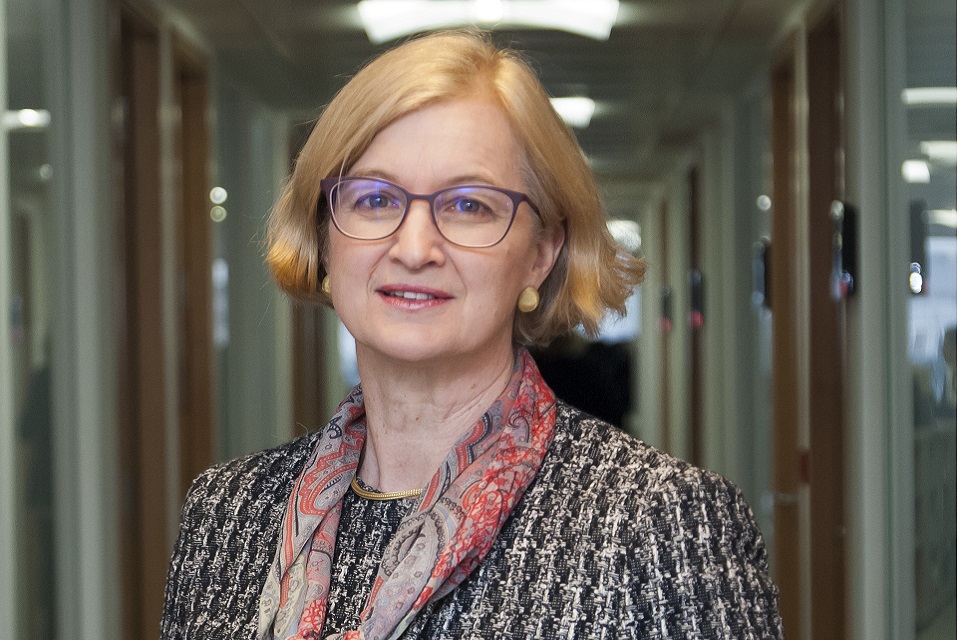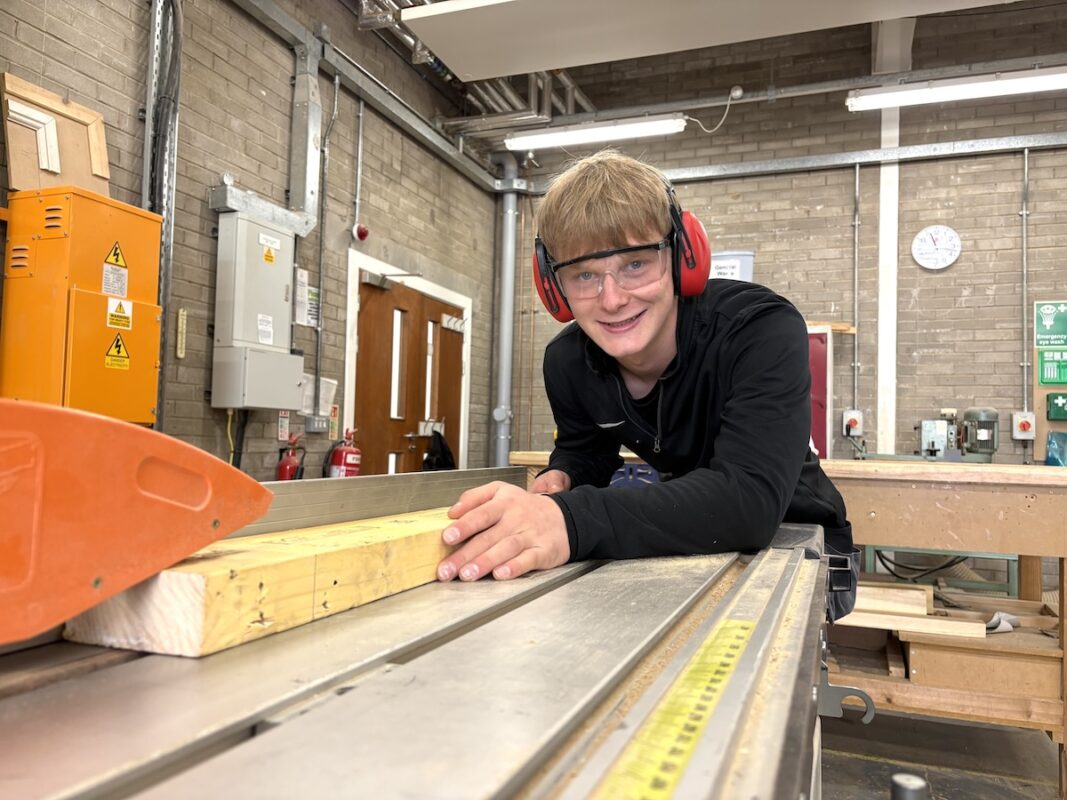Strong signs of recovery across education, but challenges remain say Ofsted – Sector response

@Ofstednews has today (4 Apr) published the second set of reports in a series looking at the pandemic’s continued impact on education providers.
The reports find that much good progress has been made across the education sector to help children and learners recover the knowledge and skills they missed out on during the pandemic. However, amid strong signs of recovery, it’s also clear that many education providers continue to face challenges, some of which could have longer term consequences.
The 4 reports, which follow on from those published in December, draw on evidence from around 280 inspections and multiple focus groups with inspectors to understand how early years, schools, further education and skills, and prison education providers are responding to ongoing issues, and the approaches they are taking to help children and learners catch-up.
Ofsted Chief Inspector, Amanda Spielman, said:
“We have seen lots of really good work across early years, schools and further education this term. Most providers are using effective catch-up strategies to spot gaps in children and learners’ knowledge and skills and help get them back to where they need to be. In many cases, those gaps have closed altogether. And we’ve also seen promising improvements in children’s well-being and behaviour.
“But elsewhere concerns remain, and it’s clear that the pandemic has created some lingering challenges. I’m particularly worried about younger children’s development, which, if left unaddressed, could potentially cause problems for primary schools down the line.”
James Bowen, director of policy for school leaders’ union NAHT, said:
“It is no surprise that the pandemic has had a major impact on some children. We know that repeated lockdowns have meant that most younger children have had reduced social interaction and, it is perhaps unsurprising that this has affected their emotional development, social and speech and language skills.
“We’re pleased Ofsted’s report notes that schools are effectively helping children to catch-up on these lost skills. Schools work incredibly hard to give pupils the extra support they need but they cannot do it alone – the government must also invest in early years services for disadvantaged families, as well as vital services like speech and language therapy, so that those children who need specialist support receive it as early as possible.”

Dr Patrick Roach, General Secretary of the NASUWT-The Teachers’ Union, said:
“These reports reflect the tremendous amount of hard work that teachers and leaders have put in during the course of the ongoing pandemic to maintain education provision and to mitigate the pandemic’s damaging impact on children and young people.
“Teachers and leaders have gone above and beyond for their students, often at the expense of their own health and wellbeing, and have put huge amounts of time into catch-up strategies, as well as work to address the social and mental impact which lockdowns have had on many children and young people.
“However, schools and colleges alone cannot completely make up for the significant impact of the pandemic on pupils’ progress, development and emotional health.
“Teachers are reporting that children are arriving at school less ready to learn and that younger pupils particularly lack the social and developmental skills typically expected of them. There has also been an increase in challenging behaviour from pupils of all ages.
“In these reports Ofsted highlights the scale of the challenge currently facing the education sector in ensuring the attainment and wellbeing of children and young people is not left permanently blighted as a result of this pandemic.
“We have heard the Government make a number of pledges on schools and SEND provision in the last week. Ministers urgently need to come good on providing the resources and funding necessary to achieve the aspirations they have set out.
“Schools and colleges need access to and coordination with fully funded specialist external services to help meet the needs of all learners. They also need investment in the teaching workforce with the provision of pay, working conditions and training which will sustain recruitment and retention and encourage teachers to remain in the profession long term.
“Without greater action from Government now, the lingering impact of the pandemic on children’s development and welfare will only snowball as the years go on. This will create greater and avoidable inequalities for this generation of young people.
“Ministers owe it to today’s children and young people to match the huge recovery efforts being made by teachers and school leaders.”
Further education & skills (FES)
Today’s Further education & skills (FES) report finds that providers have continued to respond to the ongoing challenges of the pandemic with creativity and resilience. New elements have been added to programmes to reflect the pandemic’s impact on the employment landscape, and there has been increased collaboration across the sector to address gaps in learning.
Sixth form colleges noted that many learners had lower levels of knowledge and skills, and were adapting their curriculum to help them make progress.
Work experience placements remained difficult to secure, particularly in health and social care, but providers were working hard to offer alternatives.
The disruption to GCSEs experienced by the newest intake of learners had adversely affected behaviours and attitudes. Providers reported that social skills and confidence had dwindled, and more disruptive behaviour was observed.
The recruitment and retention of staff was challenging for many providers. In some cases, this had impacted on the quality of education and increased staff workloads.
Mental health concerns remained high. New learners who had enrolled from school were experiencing higher levels of exam anxiety. Providers were offering additional support to help learners increase their stamina and prepare for formal examinations.
Many apprentices were not at the required level to take their end-point assessments, and a significant number remained on programmes beyond their planned end date.
Prison education
Today’s Prison education report finds that the number of prisoners participating in education, skills and work was increasing, albeit slowly. But prisoners’ participation was still a lot lower than pre-pandemic levels. In some cases, no classroom activity had taken place since March 2020.
Many prison leaders had taken a cautious approach to reintroducing face-to-face classes. This has had a particularly negative impact on prisoners who find it difficult to learn independently, for example those with low levels of literacy and numeracy, who speak English as an additional language, or who have additional learning needs. In some cases, prison leaders were providing one-to-one support for these groups.
Pandemic-related restrictions have reduced the number of prisoners who can take part in face-to-face education. Leaders have therefore had to prioritise which prisoners they offer these opportunities to. Some leaders have prioritised those who have already engaged well with remote education, rather than prisoners with the greatest need for support.
The few education, skills and work activities that were taking place were generally of a good quality. However, the support and resources available did not meet the needs of all learners.
As they returned to the classroom, staff in most prisons were assessing prisoners to identify any gaps in learning due to COVID-19. However, this information was not always used to plan the curriculum in a way that would meet their needs and help them to catch up on missed learning.
Support for prisoners identified as having special educational needs and/or disabilities (SEND) remains insufficient.
An increased number of COVID-19 outbreaks has led to staff absences at all levels, including managers, who have had to turn their hand to operational issues. This has meant that leadership activities, such as planning for an effective curriculum and assuring the quality of education, have been neglected.
Schools
Today’s Schools report finds that the pandemic continued to hinder pupils’ learning and personal development into this year. Leaders still described gaps in pupils’ knowledge, particularly in mathematics, phonics and writing stamina. However, compared with last term, more leaders said these gaps were closing.
Inspectors saw schools were using effective strategies to check what pupils have learned and to adapt the curriculum to fill gaps in knowledge and skills. Some schools were using regular assessment to identify what pupils have remembered and providing time to revisit concepts that had not been learned well remotely.
The pandemic’s impact on some pupils’ mental health and well-being remained a concern. Leaders talked about pupils having lower levels of resilience and confidence, and increased levels of anxiety. Many schools were providing in-house support for these pupils because external agencies often had long wait times. This has been particularly challenging for special schools, who rely on a lot of support from other agencies.
Some schools were using the National Tutoring Programme to help pupils who need additional support, but most told Ofsted they preferred to train their own staff as tutors rather than using tuition partners, mainly due to a lack of available tutors. However, this placed additional pressures on school staff.
Staff absence related to COVID-19 was a challenge for schools in the spring term, which was exacerbated by difficulties recruiting supply teachers. This resulted in increased staff workloads, as schools used their own staff to cover lessons.
Early Years
Today’s Early Years report finds that the pandemic has continued to affect young children’s communication and language development, with many providers noticing delays in speech and language. Others said babies have struggled to respond to basic facial expressions, which may be due to reduced social interaction during the pandemic.
The negative impact on children’s personal, social and emotional development has also continued, with many lacking confidence in group activities.
Children’s social and friendship-building skills have been affected. Some providers reported that toddlers and pre-schoolers needed more support with sharing and turn-taking. To address this, staff were providing as many opportunities as possible for children to mix with others and build confidence in social situations.
There continues to be an impact on children’s physical development, including delays in babies learning to crawl and walk. Some providers reported that children had regressed in their independence and self-care skills. As a result, they have increased the amount of time children spend on physical activities, to develop gross motor skills.
An increasing number of providers were concerned that, compared with before the pandemic, fewer children have learned to use the toilet independently. This means that more children may not be ready for school by age 4. Providers were also concerned about obesity and dental health, so have focused on providing well-balanced meals and increased time for physical activity.
Many providers reported difficulties retaining high-quality staff since the start of the pandemic. This has left some short of skilled practitioners, which has affected the quality of teaching and catch-up strategies.
Some providers are concerned about their long-term sustainability given fluctuations in numbers of children on roll.











Interesting, yes, but I can’t work out whether the good news (e.g. good progress…..strong signs of recovery…..gaps were closing……effective strategies…) far outweighs the bad news in each sector (staff absences…….less ready to learn…lower levels of resilience….delays in speech and language………more disruptive behaviour).
Is the academic year getting better for most particpants?